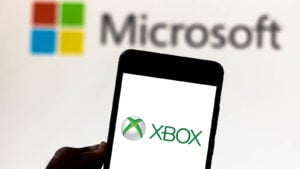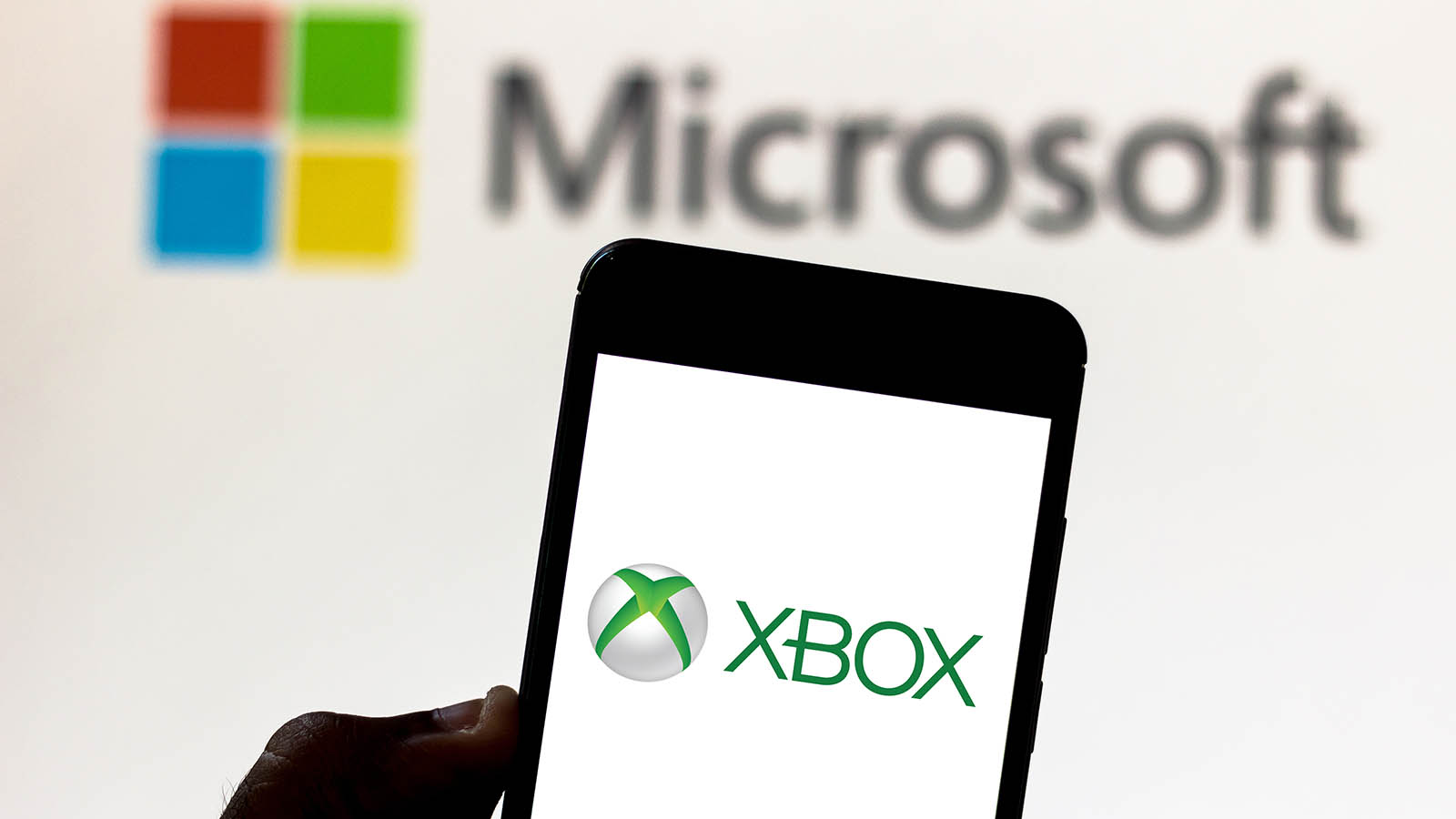Microsoft (NASDAQ:MSFT) stock has done very well this year, up almost 35% so far. MSFT stock is still reasonably priced despite the stock rise. Its forward price-to-earnings ratio is at 23 times. MSFT stock sports a healthy 1.34% dividend as well.

Investors may not know that one of the main reasons for MSFT stock’s success is its large share buyback program. In the year ending June 30, MSFT spent over $19.5 billion on share buybacks. This is an increase of 82% over the previous 12 months.
The share buybacks were even larger than the $13.8 billion MSFT spent on dividends in the year to June. What was the main reason for this?
Microsoft’s Free Cash Flow Funds the Buybacks
Microsoft produced a massive $38.3 billion in free cash flow (FCF) in the year to June. Microsoft spent $33.35 billion on share buybacks and dividends from this FCF.
Keep in mind that FCF already includes money spent on huge costs and investments. It includes $16.9 billion spent on R&D, $18.2 billion in marketing, all of MSFT’s operating costs. It also includes $13.9 billion spent on capital expenditures.
So FCF is truly “free” money left over after all these expenses. Microsoft can spend this free cash flow on dividends and share repurchases to benefit shareholders.
So what do share buybacks do for MSFT stock shareholders?
Buybacks Bring Many Benefits
Buybacks help MSFT stock keep climbing. Microsoft is constantly in the market buying shares. Microsoft bought back 150 million shares in the year to June. This represents about 2% of its total prior shares outstanding. So over time with less supply and with constant demand, the price rises.
The buyback activity also keeps Microsoft stock from drastically falling out of bed. It is not uncommon for large corporations like MSFT to take advantage of market breaks. They become buyers of last resort in a sense. They buy more when their stock is cheap. This provides a sense of security to investors.
In addition, dividends per share increase over time. For the same dollar amount spent on dividends, the dividend per share can be increased. Another way to put it is buybacks allow the dividend per share to rise faster.
Shares repurchased allow earnings per share calculations to rise since the denominator falls. This helps the stock have a lower price-to-earnings ratio. It can lead to a higher stock valuation if the market reprices the stock to its former P/E ratio.
Share repurchases also sterilize the increase in shares from stock options and restricted stock issued to employees and consultants. In fact, some large companies like Microsoft have separate buyback programs just to “fund,” so to speak, these share grants.
Finally, buybacks increase the remaining shareholders’ stake in the company. This is important for large shareholders and also when the company spins off assets to its shareholders.
Bottom Line on MSFT
Microsoft has $11.6 billion left in its present share repurchase program. I expect that MSFT will complete the program by the end of this calendar year.
Expect Microsoft to announce another higher share repurchase program before then. I suspect it will be larger than the previous $40 billion buyback program which started in December 2016.
As of this writing, Mark Hake, CFA does not hold a position in any of the aforementioned securities. Mark Hake runs the Total Yield Value Guide which you can review here. The Guide focuses on high total yield value stocks. The Guide launched on August 30. Subscribers during September receive a 20% discount, plus a two-week free trial.
